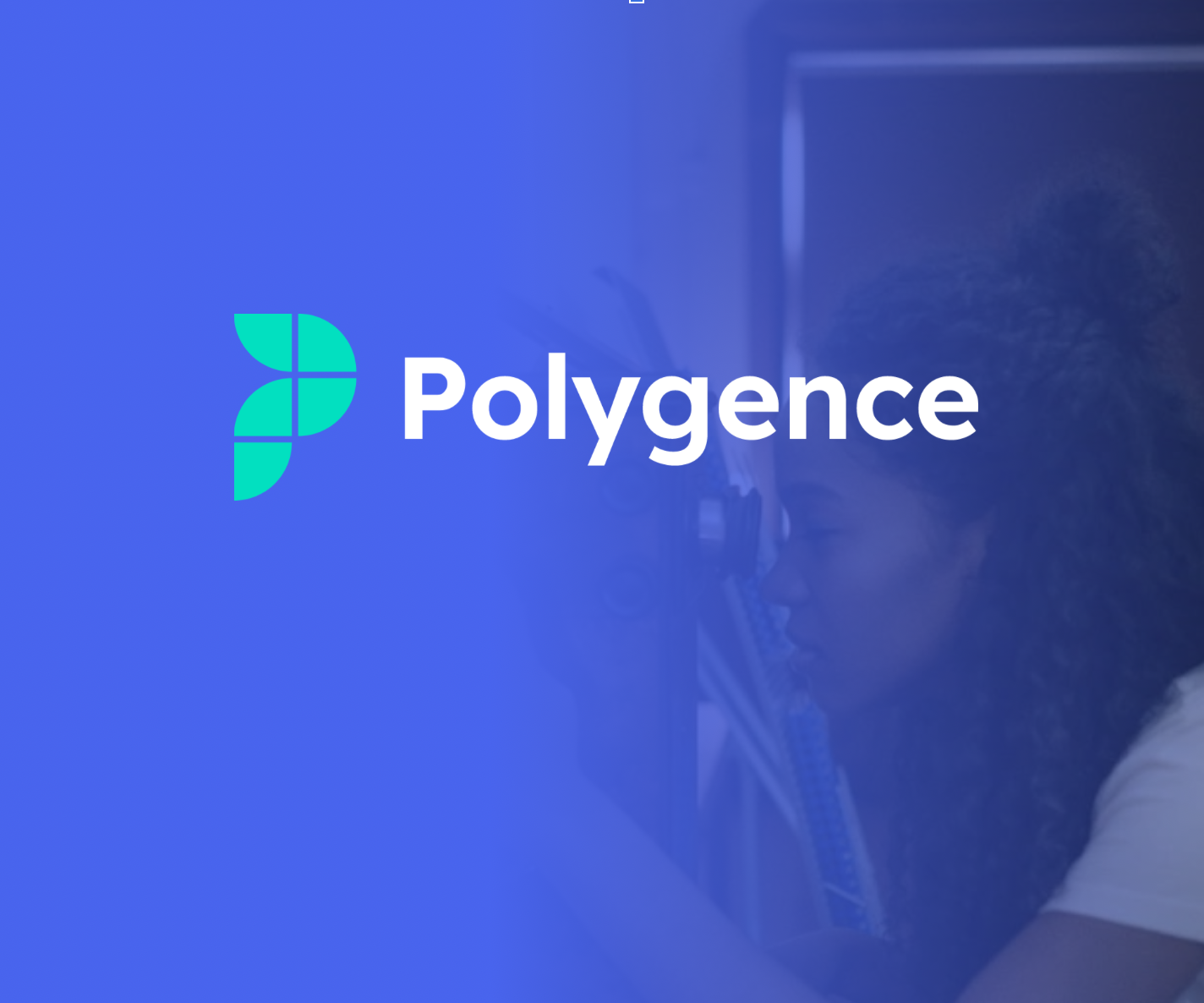Case Study
Streamlining Polygence’s
Mentor Onboarding
PROBLEM
The manual onboarding process we used for new mentors created data inaccuracies and a low-quality user experience leading to delays and mistakes. This bottleneck stunted our network growth and affected the quality of service we provided to clients.
Tools Used
Hubspot for CRM
Tableau and Pendo and Google Analytics for data analysis and reporting
Trello and Jira for project management and collaboration
Uncovering Areas for Growth
While examining the mentor journey, we quickly spotted an opportunity for improvement. We needed to grow 5x in a 3-month span. There simply wasn’t enough bandwidth to onboarding this many new mentors and we needed a way to resolve the bottleneck. The onboarding time was around 30 days on average and we needed to cut that in by at least 30%.
Strategy
To address this problem, we created a strategy to automate the onboarding process and monitor the progress of new mentors. This was projected to reduce the onboarding time by 30%, increase retention by 10% and ensure that we had accurate data to inform our decision-making.
Recruitment Time for New Mentors
Solution
We chose to use HubSpot, Pendo, Calendly, and Tableau to automate the onboarding process and collect data from new mentors. We also implemented a system to track the progress of new mentors and ensure that they were meeting our expectations.
Implementation
To implement the new system, I coordinated with Developers, Sales, Recruitment and Marketing to create a robust application form, a streamlined interview process, and a structured follow-up strategy. We also created a product metrics dashboard to measure engagement with our mentors. I then trained the Recruitment team on how to use the new tools and processes. We also created a set of guidelines and resources for new mentors to follow during the onboarding process to predict how a mentor would perform.
Testing & Feedback
To ensure that the new system was working effectively, we conducted regular testing and collected feedback from new mentors. We made adjustments as needed based on the feedback received. We used this information to hone our outreach strategy. We conducted user interviews, created an ambassador program, a council and allowed the users to provide suggestions and help build the new product
Results
The initial projection was to reduce the onboarding time by 30%, and ensure that we had accurate data to inform our decision-making. We were able to decrease onboarding times by 40%. We also reduced the time between a mentor onboarding and receiving a student. We decrease the time to value mentors by 50% because of the community and ambassador groups we created.

